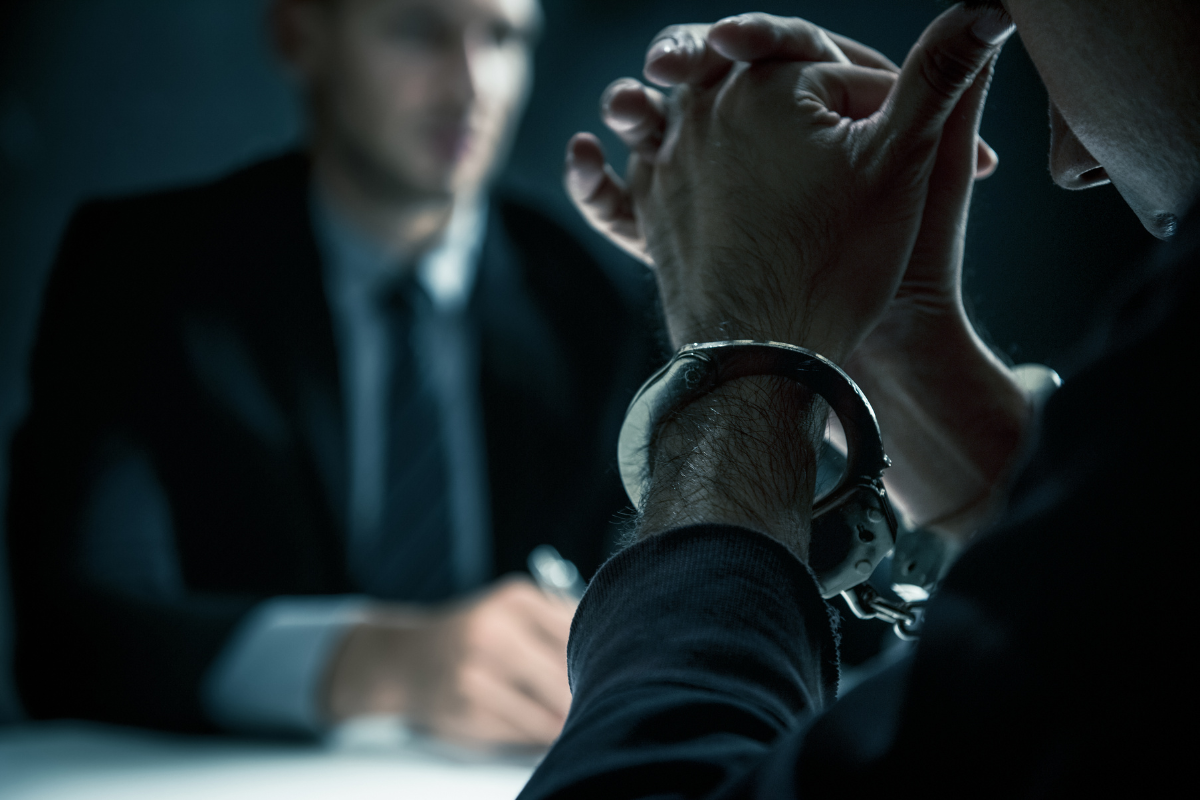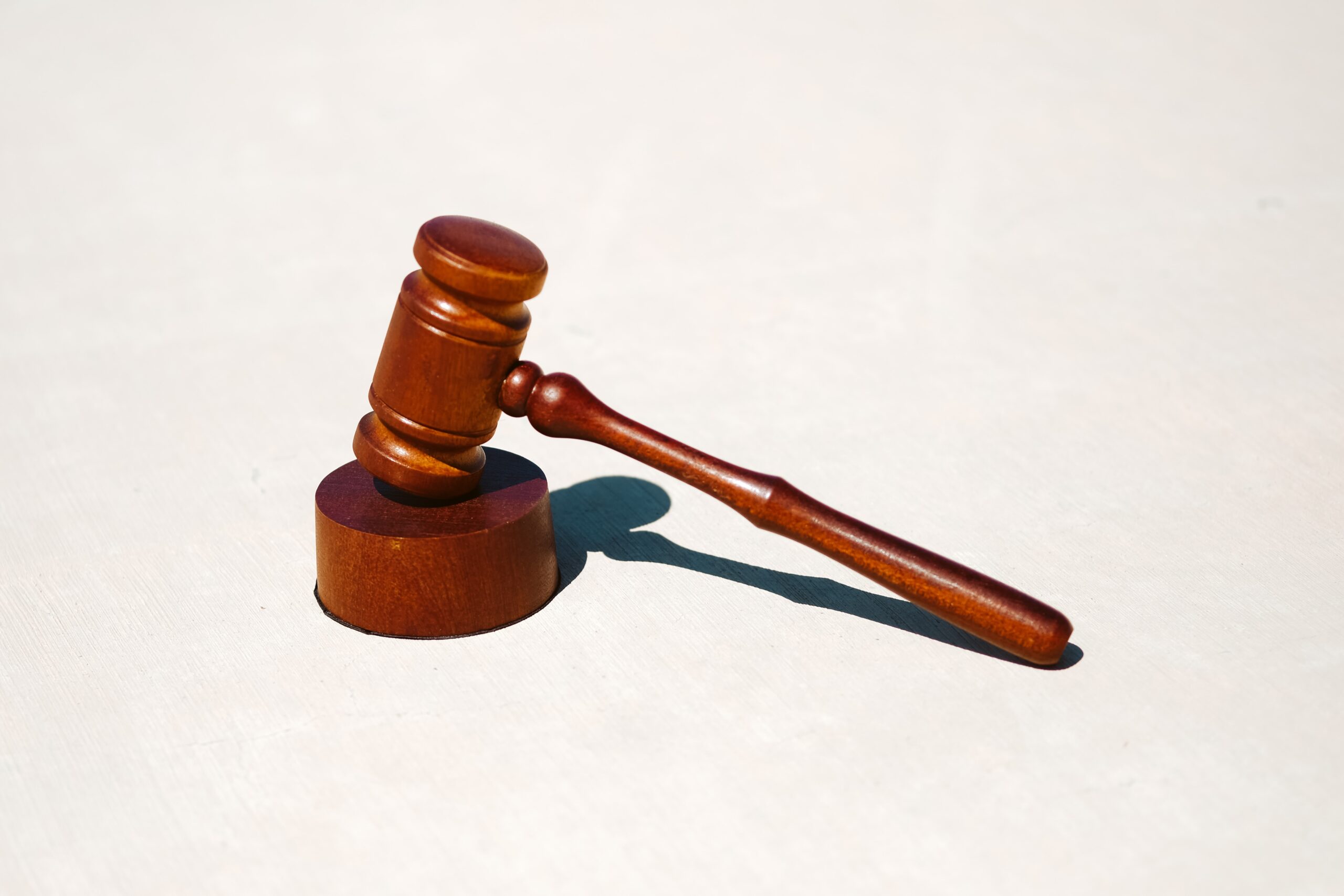Now Reading: 5 Tips to Make the Most Out of Your Meet with a Criminal Lawyer
-
01
5 Tips to Make the Most Out of Your Meet with a Criminal Lawyer

5 Tips to Make the Most Out of Your Meet with a Criminal Lawyer
The first-time meeting with a criminal defense attorney can be overwhelming, and you might not know what to expect.
Also, you might not know what to bring or how to clearly describe your circumstances. Getting ready ahead of time helps the discussion to be more focused and productive. A well-prepared meeting enables your attorney to understand your situation and offers the best legal guidance.
Some of the things you need to prepare for a consultation before seeing your criminal defense lawyer include getting all relevant information regarding your case and noting questions you would like to ask.
Want to find out more ways you can prepare for this crucial meeting and how to get the best out of it? These 5 tips will help you make sure your meeting is most beneficial.
1. Bring All Essential Documents
The best legal advice your attorney can give depends on reliable information. If there are gaps in information, it might hurt your case. Therefore, bring any relevant material pertaining to your case. These may include:
- Arrest Records: Any police report, citation, or law enforcement documentation.
- Court Documents: Every summons, bail application, or case filing you have received regarding the case.
- Witness Information: Statements from witnesses or any supporting documentation will help you to strengthen your case.
- Communication Records: Include any letters, text messages, or emails regarding your legal issue.
Having these documents ready lets your attorney evaluate your case quickly and provide wise counsel.
2. Share Your Situation Truthfully
Your attorney can only assist you, provided you submit all the facts. Leaving out details or altering your story could weaken your case. It is better to be honest even if you believe some elements make you look bad.
- Clearly explain everything, even if certain information appears unimportant.
- Never hide details out of shame or anxiety.
- If you make mistakes, admit them; your attorney needs a full view of the picture.
Confidentiality rules bind lawyers; hence, all you say remains private. They will better defend you when you are more open toward them.
3. Prepare Questions in Advance
Important questions could easily be forgotten in a meeting. Noting them guarantees you won’t overlook anything crucial. Think about asking:
- What are the possible outcomes of my case?
- Which legal approaches do you advise?
- The legal process might last how long?
- After this meeting, what else has to be done?
- How will we communicate subsequently?
Bringing a list of questions guarantees you leave with a thorough understanding of your situation and helps the conversation stay focused.
4. Understand Your Charges and Legal Options
Research the charges against you before you meet your attorney. Knowing your challenges will enable you to ask better questions. Ask your attorney to clarify anything you do not understand.
- Look for the fines or jail terms for your charges.
- Ask about potential defenses for your case.
- Talk about the possibility of a plea bargain against a trial.
Understanding your charges helps you to follow the advice of your attorney and make wise decisions.
5. Talk About Legal Costs and Fees
Since legal representation can be costly, it is advisable to know the upfront costs. Find out from your attorney their fees and included services.
- Do they bill per hour or a set fee?
- Are there additional costs, such as expert witnesses or court fees?
- What payment methods are available?
Clearly defining these details guarantees your financial readiness for your court case.
Following these five tips can help you maximize your appointment with a criminal lawyer. Proper preparation makes your legal journey smoother and helps you get clear answers from your attorney.










